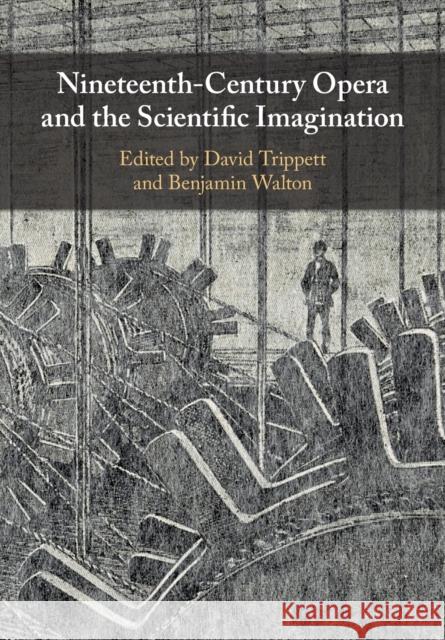Nineteenth-Century Opera and the Scientific Imagination » książka
topmenu
Nineteenth-Century Opera and the Scientific Imagination
ISBN-13: 9781107529021 / Angielski / Miękka / 2021 / 397 str.
Nineteenth-Century Opera and the Scientific Imagination
ISBN-13: 9781107529021 / Angielski / Miękka / 2021 / 397 str.
cena 181,90
(netto: 173,24 VAT: 5%)
Najniższa cena z 30 dni: 120,84
(netto: 173,24 VAT: 5%)
Najniższa cena z 30 dni: 120,84
Termin realizacji zamówienia:
ok. 16-18 dni roboczych.
ok. 16-18 dni roboczych.
Darmowa dostawa!
Explores the rich and varied interactions between nineteenth-century science and the world of opera for the first time.











